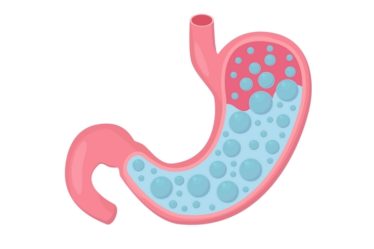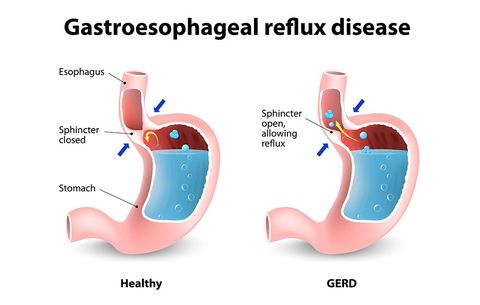
Gastroesophageal reflux disease (GERD), also known as gastroesophagitis, occurs when stomach acids or gastric juice from food that is too digested back into the esophagus. Although GERD is not dangerous in and of itself, if left untreated, it can lead to other, more serious conditions. The discomfort associated with this disorder can cause a great deal of stress and anxiety for those who suffer from it.
However, with GERD, reflux often occurs after every meal and leads to noticeable discomfort. Many people with gastroesophagitis also experience a feeling of burning sensation near their chest, neck, throat, or stomach. After meals, individuals with gastroesophagitis usually experience a burning, gritty sensation in their chest. Even children, teens, older adults, and babies are susceptible to gastroesophagitis. Though it is more prevalent in adults, children, teens, and infants can also have gastroesophagitis.
Sometimes GERD symptoms are mistaken for peptic ulcer symptoms because the symptoms are very similar. Peptic ulcers can occur anywhere in the digestive tract and cause similar symptoms. If left untreated, peptic ulcers can ultimately lead to severe stomach damage. A correct diagnosis of gastroesophageal reflux disease, whether it is suspected by a doctor or made by the doctor himself, can prevent the development of these conditions and, as a result, death.
What causes gastroesophagitis? Common factors that can contribute to the development of this condition:
People with diabetes are at greater risk of developing this condition. When insulin levels in the body become low, there are not enough nutrients in the esophagus to properly process foods and fluids and get them into the bloodstream. When this happens, acid that normally passes through the esophagus can build up in the stomach, causing the esophagus to weaken and swell. Acid reflux is one of the most common causes of this type of inflammation, and its effects can range from mild to severe.
Alcohol consumption is another factor that can contribute to the development of gastroesophagitis. Although alcohol is not always the main factor, it has been shown to relax the muscles around the esophagus, making it more susceptible to injury. It can also irritate the lining of the esophagus, making it difficult for the cells in the body to function normally.

Smoking and obesity can also increase your risk of developing this condition
Both of these factors make the esophagus less able to neutralize stomach acids. These conditions, if left unchecked, can impair the ability of the esophagus to regulate its own stomach acid production.
Certain medications may also be responsible for the development of gastroesophagitis. Common medications that can cause GERD include antacids and acid suppressants. and anticoagulants. have been linked to the development of the disease and may need to be avoided if possible. Other medications that may lead to the development of this condition include antibiotics, antifungals, and antidepressants.
There are several medications available that may help treat the symptoms of gastroesophageal reflux disease. These medications can be used to treat the actual symptoms of GERD, such as chest pain, heartburn, and regurgitation. In some cases, medications are prescribed to treat the root cause of the problem. Examples of drugs that can be used for this purpose include antacids and calcium channel blockers.
In severe cases, drugs such as anticholinergics and antispasmodics may be used to reduce acid production in the stomach. Although these medications can be used to alleviate symptoms, they are not usually used to prevent the condition from occurring.
In order to prevent further complications, it is best to treat the cause. Since the body's organs can fight off bacteria that leads to GERD, taking steps to improve its ability to do so will help prevent future bouts with this condition. A well-balanced diet and the use of medications that reduce inflammation may be able to prevent this condition from progressing.
If you suspect that you or a loved one may have gastroesophageal reflux disease, see a doctor immediately. Treatment is possible and can include a number of different types of medication and lifestyle changes. By understanding more about the disease and its causes, you may be able to take steps to address your condition and improve the quality of your life.

